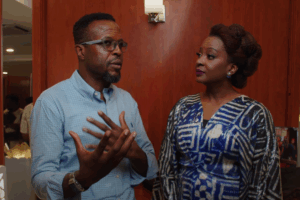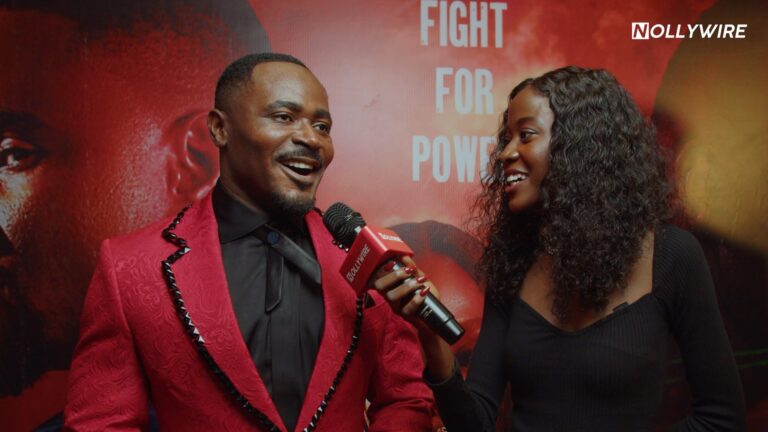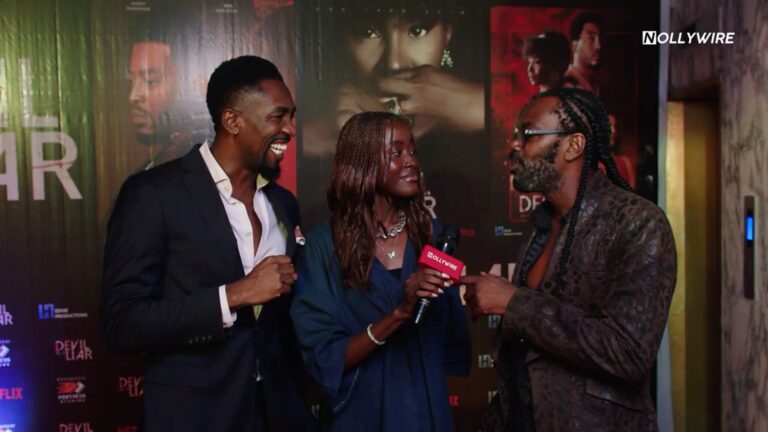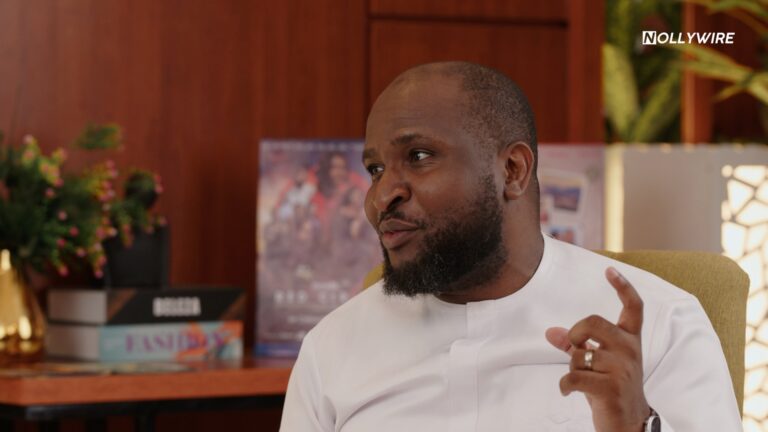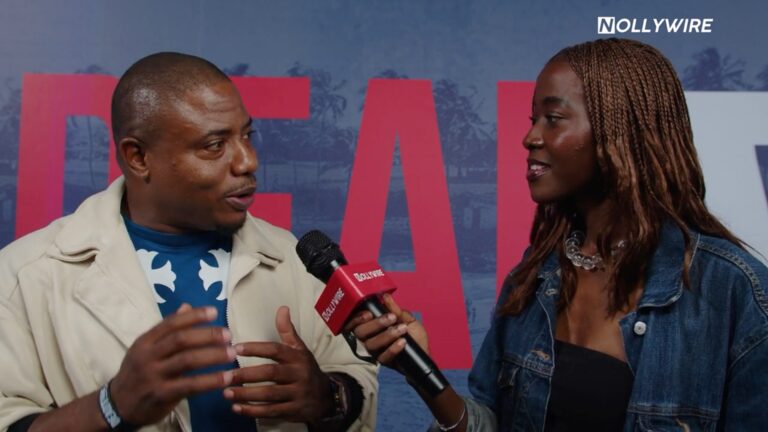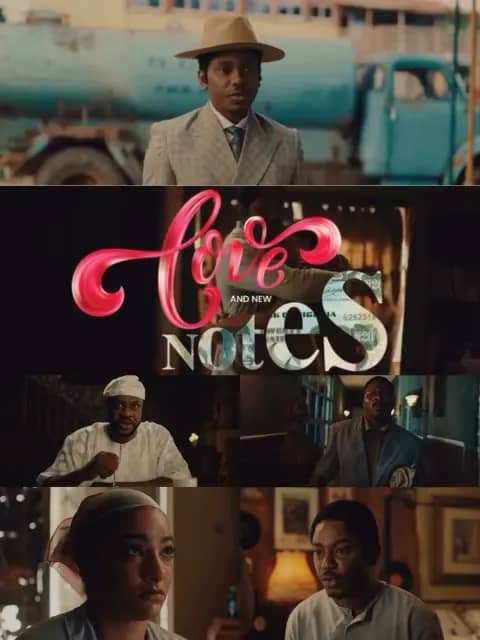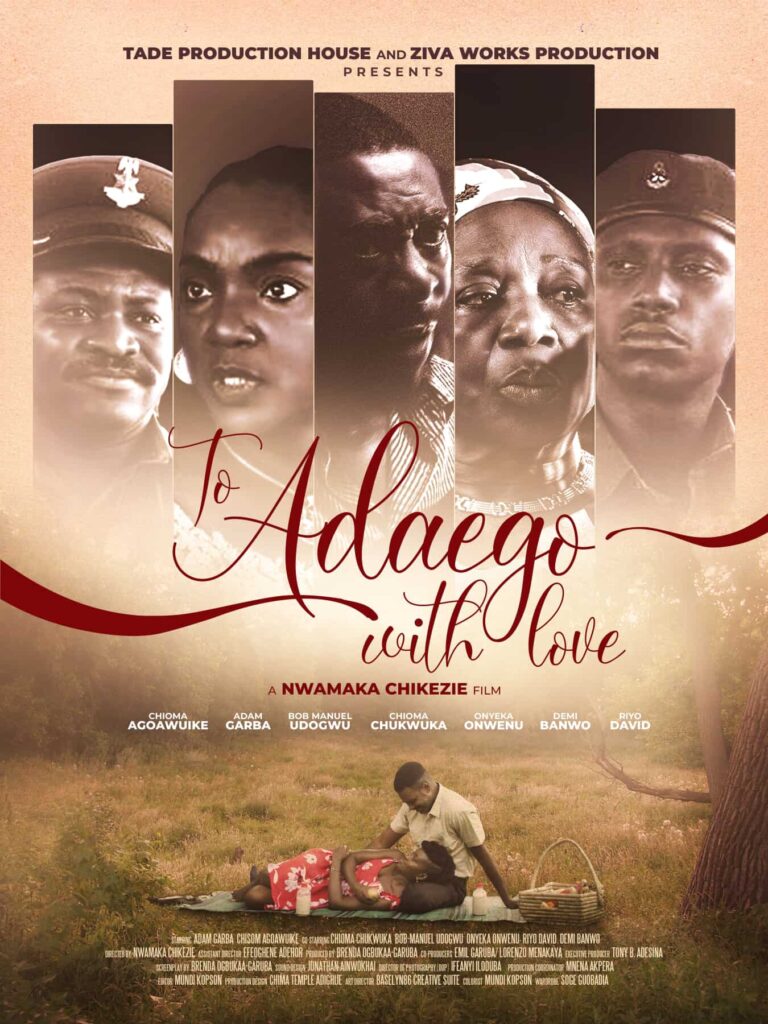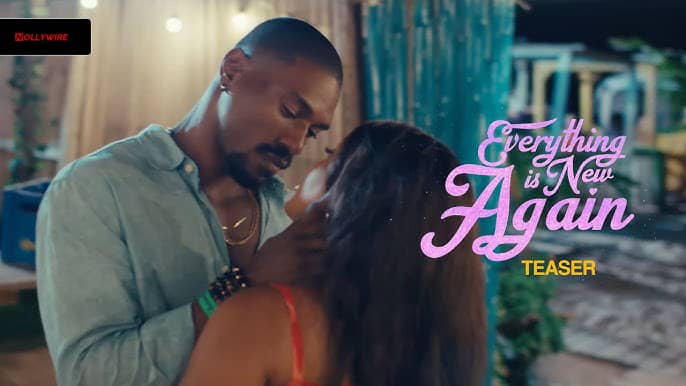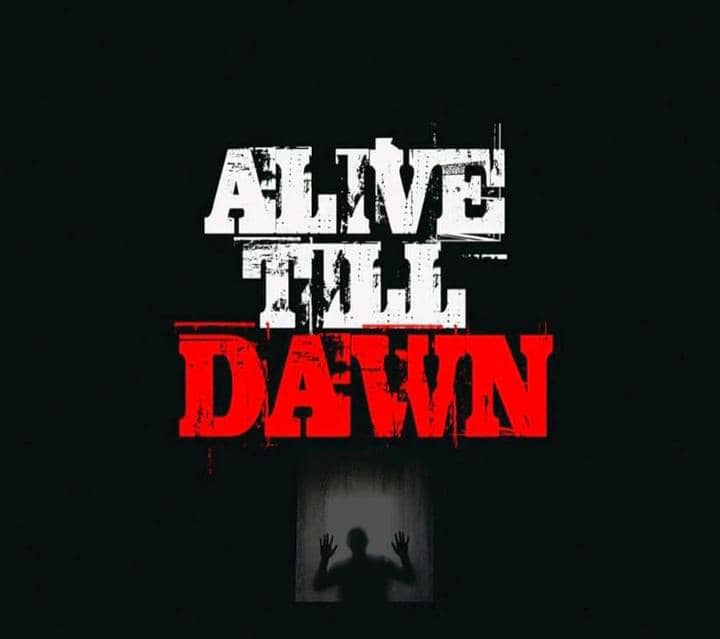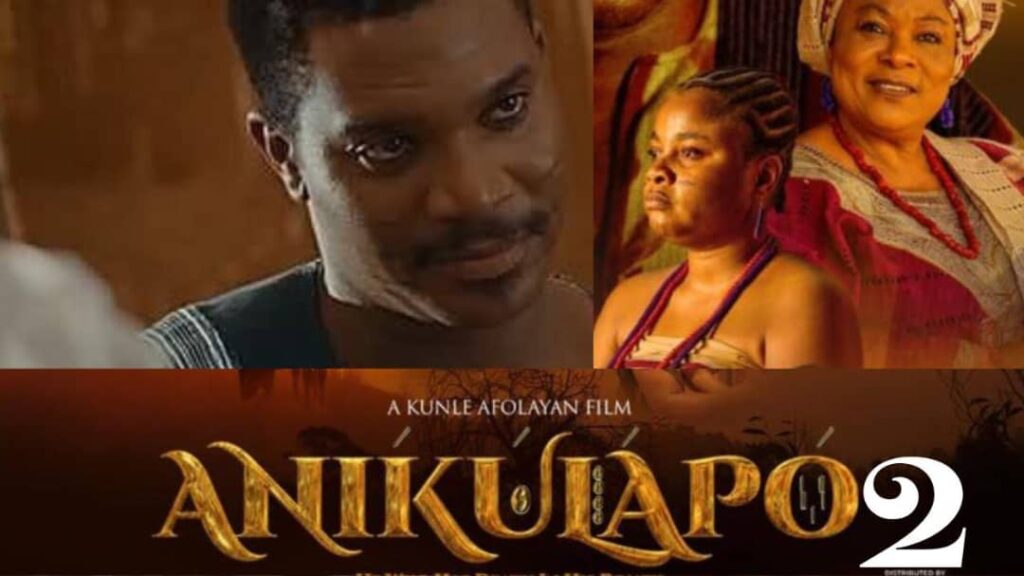Linda Ikeji, known for her blogging prowess and media entrepreneurship, has made a striking entry into Nollywood with her latest film, ‘Reverse’. Written, produced, and cast by Linda herself and directed by Bryan Dike, ‘Reverse’ is a project that tackles critical societal issues through a deeply personal lens.
‘Reverse’ centres on the compelling premise: When Rita steps in to save a young boy being assaulted in a grocery store, she unwittingly sets off a chain of events that will alter her life forever. This logline encapsulates a story about compassion, unexpected consequences, and the moral challenges faced in everyday life.
In a recent conversation, Linda Ikeji revealed the deeply personal origin of the story behind ‘Reverse’. “I’m not from the industry. I’m from the blogging world,” she explained, noting how her transition into filmmaking was fuelled by a desire to “tell stories that matter to me, that I feel matter to the society.”
The film explores themes of compassion, the harsh realities of healthcare, and the consequences of our actions — issues that Ikeji has personally encountered. She shared one poignant experience that influenced the narrative: “Going to hospital and not being attended to so you pay a deposit — that’s definitely something that I experienced firsthand and so I had to put that in there.”
This insight informs a critical scene where the harsh bureaucracy of hospital deposits clashes with the urgency of saving a life. Ikeji emphasised the moral dilemma, stating, “You cannot equate money to life. Like, it’s not because there’s no way to compare. So these people have to show a bit more compassion. They have to, you know, put life first.”
The film’s portrayal of such systemic issues resonates because it reflects a reality many Nigerians face. Ikeji recounted her own frustrating ordeal: “Even I, Linda Ikeji, experienced it about two years ago. I noticed I was being held back and not attended to, but once I realised the issue and made several deposits, they finally began attending to the patient I brought in.” She concluded with a call for change: “It’s just a conversation that needs to be heard in the places that can implement policies to change it and just put life first.”
Casting was another aspect Linda Ikeji was deeply involved in. “I know how I wanted that the young girl to look like — that’s Rita. I had a vision of her.” That vision came to life with Susan Pwajok portraying Rita — “Tall, young, lanky, and a mommy’s girl and everything”. Ruby Precious Okezie plays the big sister, while Raymond Umenze fills the role of what Ikeji jokingly calls “the useless boyfriend of the year”.
For a pivotal role, Ikeji personally reached out to veteran actress Hilda Dokubo, a performer she grew up admiring. “I personally contacted her and said I needed this role for me.” The stubborn storekeeper, another memorable character, was played by Chikamma R.C., whom she had seen in her earlier film ‘The Night of June 7th’. “I was like, you look like the storekeeper in my next film,” she recalled.
Linda Ikeji’s move from blogging to filmmaking is driven by her love of storytelling and movies. “Of course my first love is writing. I’m a very imaginative person. I can tell you ten stories from the top of my head.” She described her filmmaking journey as a natural progression: “I watch a lot of movies and I just said, you know, I can actually be part of this; I can tell stories. I can produce. I have the money to pay for this. Why not?”
Her first two films were based on true-life stories, but Ikeji expressed a desire to broaden her creative horizons. “There are too many stories in this head that I can’t restrict myself to true life stories.” She promises audiences that in the coming years, she will be seen as “a storyteller, a very imaginative writer”.
On the challenges of filmmaking, Ikeji confessed that the long hours and repetitive shooting could be taxing. “I don’t like the long hours. They shoot into 2 a.m., 3 a.m.; I’m like, no, I have to go home.” She found repeated takes particularly frustrating: “I told the director, ‘They’ve done this ten times; go and do it again.’ I’m like, how? Why?” Yet the creative process and camaraderie made it worthwhile: “What I love about it? Just the synergy, bringing people together and watching your story come to life.”
When asked about the strongest theme in ‘Reverse’, Linda Ikeji highlighted karma. “I think the strongest for me is probably karma and how easily what you throw around can come back to you.” She acknowledged her belief in karma.”
Ikeji’s next project is another true-life story titled ‘The Night of June 7th’. She shared that she’s cautious about her industry acceptance before fully committing to more films. “I’m just trying to see how people will accept me into the industry before I continue.” She hinted the next film after that will be a comedy, adding with confidence, “I’m going to be writing it. Comedy is me 100%”.
Finally, Ikeji addressed why Nigerians should watch ‘Reverse’: “I think it’s a very different story. It’s not your typical Nollywood film. I like stories. I like something I can connect with, something I can relate to.” She praised the film’s unpredictable plot, saying, “Nobody so far has been able to tell that this is where the film is heading. The element of surprise, the shock – they’re like, ‘What? Oh, really? ‘Oh my goodness.’ And they’re connecting the dots and scratching their head. That is what makes it worth it.”
With ‘Reverse’, Linda Ikeji marks her confident entry into Nollywood not just as a blogger-turned-filmmaker but as a storyteller determined to shine light on the real issues facing society, wrapped in compelling narratives and authentic performances. The film also stars Kalu Ikeagwu, Yvonne Jegede, Antar Laniyan and Ajinde Moses.
‘Reverse’ stands as a testament to her commitment to telling meaningful stories that reflect the real Nigeria.





